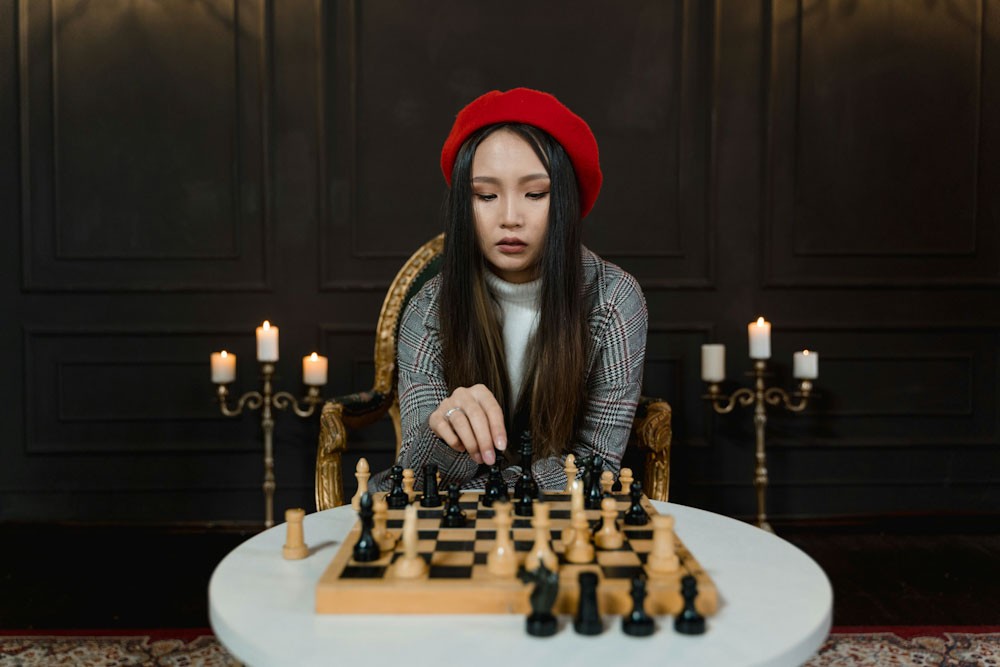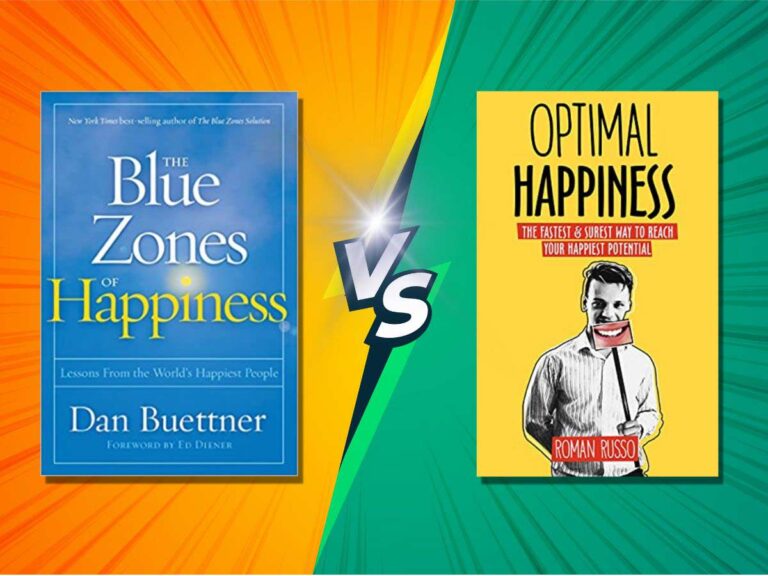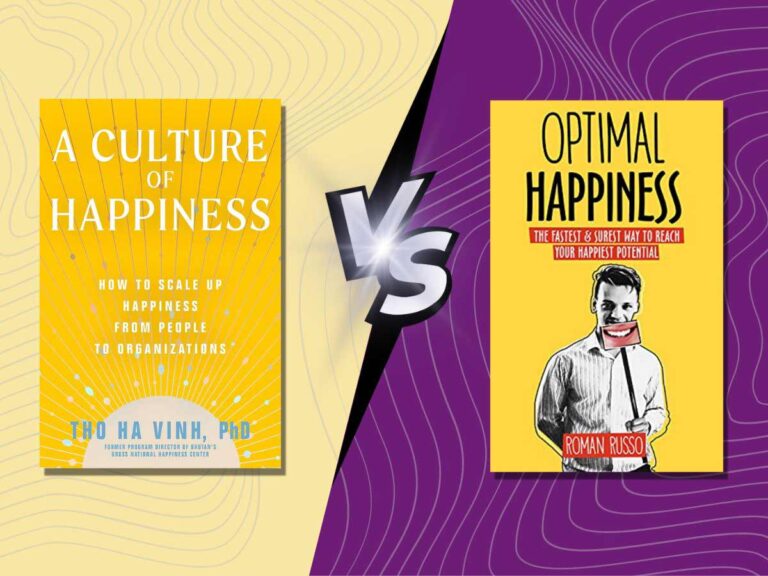
As a passionate chess player, I have achieved a high score of 1950 in chess, with the engine indicating that my actual score could be as high as 2150, equivalent to a Candidate Masters (CM). This high score ensures that I can win against nearly everyone I come across in my daily life. However, winning in an online or tournament setting can be more challenging, as players are usually paired with others of similar skill levels.
As such, one day, a friend asked me to help improve their chess game since their company was hosting a company-wide chess event with great corporate perks for the winner. I agreed, and since then, I have been contemplating how best to explain chess to someone less proficient with the game than I am. Where should I begin?
There is a well-known saying that to improve at anything in life, we must teach others how to do it. In this article, I reflect on the game of chess with the intention of helping anyone who wants to play better. It also serves to strengthen my own knowledge and skills as a player.
Additionally, as Garry Kasparov, a renowned chess grandmaster, famously said that “life imitates chess.” This is true to an extent, as many lessons from chess can be applied to life, as I often find myself able to predict the future, anticipating what will happen next or what someone will say next word for word. I attribute this ability to chess, where every move is critical.
1. Your Emotional Well-Being Matters
In chess, as in life, our emotional well-being has a direct impact on our performance. For example, there was a time when I had a very bad month emotionally, and I lost virtually every game, starting from a score of 1850 and dropping as low as 1500. It was heartbreaking to see that I couldn’t even win against opponents I typically beat easily. Despite this, I continued playing because I enjoy chess, as it is my favorite pastime, which only resulted in more losses and more negative emotions.
After all, when it comes to our emotional well-being, there are no limits to how low we can go, as demonstrated by my all-time low chess score. However, in contrast, once I regained emotional positivity and happiness, my score quickly recovered and even surpassed my previous high to 1950 points.
Similarly, when I was negative and unhappy, all aspects of my life were affected, and I felt like I was only giving half of myself to everything I was doing. On the other hand, after recovering my positive and cheerful attitude, I almost immediately became more productive, present, and able to enjoy life more due to these positive emotions.
It’s worth noting that the popular idea that negative emotions can motivate us is only partially true. While negative emotions may spur some improvement through a desire to prove someone wrong, approaching things from a positive standpoint is much more powerful and effective.
2. Always Use the Same Opening
Unless you are playing at a professional level, using the same opening consistently is a winning tactic. By always sticking to the same opening, you will have a strong opening game and a solid position going into the middle game.
It took me some time to learn this lesson, but once I realized that playing different openings only resulted in more confusion, mistakes, and unnecessary complexity, I committed to using the same opening every time, which ultimately led to more victories.
Similarly, in life, we often don’t have enough focus. We are doing so many different things, different openings, but they lead to inconsistent results because we don’t do any one thing, any one opening perfectly. To win, create more life focus, and you will certainly win!
3. Never play when you are tired
The best time to play chess is when your mind is sharp, not when you are tired, hungover, or sleepy. I used to play chess during my downtime when I was the most tired, but I would often lose in a bad way, which would demotivate me and lead to even worse chess later on. However, once I started playing when I was at the peak of my mental ability, I became unstoppable.
Interestingly, playing when your mind is at its peak also leads to the best self-education, as it helps you think better through different positions and realize valuable chess lessons.
Similarly, in life, we don’t always do the most important things when we are at our sharpest. Instead, we tend to postpone them, only remembering what needs to be done when we are feeling the most tired. This often leads to poor performance in life, unfulfilled dreams, and overall unhappiness. To succeed in life, we must prioritize and tackle the most important tasks first, especially when we are at our best, and remarkable results are sure to follow.
4. Don’t play against weaker opponents
Typically, on websites like chess.com, you can set your games in a way that you will only play against players of approximately your level or higher. I usually set up my games to play against opponents who are either 25 points lower than me or 200 points higher. This is because winning against a weaker opponent can feel like a guaranteed victory, but losing to them can be demoralizing.
On the other hand, playing against stronger players with a higher score will challenge you to think more and improve your skills. Victories against such opponents are more satisfying than those against weaker players.
Similarly, in life, I used to surround myself with people who were weaker or at the same level as me. This made me less productive, creative, and overall driven to achieve things that I wanted. Instead, by surrounding myself with people who were more driven, passionate, and overall productive than me, I forced myself to become a better version of myself, which in turn improved my life.
5. If you win, play again
Don’t let anyone tell you otherwise, but chess is an emotional game. This means that if you win, you are positive, upbeat, and motivated to win more, which is exactly why you should continue playing. Therefore, if you win, keep playing until you lose.
When you do lose, that is a great time to take a break and do something else. Losing can be demotivating and can affect your next games, leading to a higher chance of losing again.
Similarly, today my best days are those when I do things I’m most inspired to do, saving tasks I’m least passionate about for another day. I ride on my highest passion and my best self, leading to my optimal output and performance because this is the ideal time to create. The better I perform, the more motivated I become to continue performing. If my motivation drops, I stop working on tasks I’m not passionate about and choose to do the task I can excel at the most in that moment.
6. Win many times against the same opponent
Moreover, the person who is most likely to lose against you is a person who has already lost to you, especially now that they are demotivated by previous losses, so keep pouring salt into their wound!
This rule has a few exceptions, such as when you may agitate the other person into playing better, thinking they should be able to win against you and becoming more, instead of less, focused. Moreover, sometimes the mental focus required to win repeatedly can become overwhelming, leading you to play slower (and lose on time) or make a mistake resulting in a lost game.
Additionally, after winning several times against the same player, their skill level may drop enough that you are likely to lose more points than win. In this case, it is not worth continuing to play with them.
So, if you feel like you have sufficiently defeated a player, perhaps it is time to stop playing and move on to a different game.
Similarly, in life, we get the best results from places where we previously got the best results. As such, if something is going well in your life, then by all means, continue investing in that project. As long as the output continues to bring positive results, I see no reason to stop playing.
7. Reviewing your game
Chess.com is a popular online chess website where new chess games start every second. I like this website especially because it is so well-programmed to play chess on a regular basis, and helps people learn and improve their games.
One great tool this website offers is the game review engine that tells you where what mistakes or good moves a player made, suggesting possible alternatives, which can help review one’s thinking and push one’s game to the next level.
This function specifically helped me a lot because after every game, I could go back and review my game to understand why specifically I won or lost, as there is always a key moment or move that guaranteed the victory or defeat. Rarely, there are more than a move or two that guarantees a victory or defeat, especially at high levels.
Furthermore, chess.com offers a wide array of chess puzzles that people are invited to solve, while offering them a solution to these puzzles, which over time can help a person improve their game.
Similarly, in life, my best advice is to review one’s day, week, year, business, meditation session, and anything else that is important to you. By engaging in this constant review cycle, we often find things that we can do better, thereby improving that aspect of life.
8. Phone number analogy
My phone number is 00012445677, or rather it is this number if you dial these digits in the correct sequence, which it currently is not. This number can be rearranged into 7.408.800 different combinations of numbers. In this way, you can definitely call me, but the chance that you will call me correctly on the first try is infinitely low unless you know my phone number from the start.
Similarly, chess and life follow a phone number analogy, as it is all about making moves in the right sequence. Making these moves in an incorrect sequence makes it much more likely that you will lose your games. You may still win, but the further you deviate from the right sequence of moves, the higher the chance that you will lose and the lower your chess score will be.
Similarly, in life, we should prioritize doing first things first and second things second. We should never confuse the order of tasks that need to be done, as doing so may result in worse outcomes and lead to a lower quality of life. Therefore, even though it may be harder, it is best to follow the phone number analogy and follow our tasks in the correct order, as this approach will ultimately lead to the best results.
9. Trust your gut
In chess, there are no chances, only varying levels of understanding of a position. However, even at the highest levels, players often rely on the intuition that if they play in a certain way, they are likely to win.
Therefore, I like to carefully consider my position, but ultimately I take a risk and make the move. This can result in a significant victory or a loss, but regardless, I will learn valuable lessons and over time, as I continue to take risks, I will become better at assessing whether a move can lead to victory or defeat.
In life, we don’t always know the best results beforehand, so even the best plans can become a laughing matter as far as all-knowing Gods are concerned (we plan, God laughs). Still, since we need to do something, it is best to play our best moves, even if they ultimately become life lessons. This is how we ultimately learn and grow.
10. Lessons from Grandmasters
Watching a grandmaster play was an educational experience for me as while I may not have fully understood their thought process or strategy, I observed how effortlessly a grandmaster could checkmate their opponent without much hesitation. It was almost automatic for them. They had an innate ability to know how to win in a given position with certain pieces, resulting in a higher win rate.
Furthermore, I witnessed a grandmaster consider various moves with lightning speed and analyze the board to a greater depth. This inspired me to think more deeply in my own games and to apply the same quick decision-making process to my moves.
In terms of life, we can try to reinvent the wheel, or we can learn from people who already know how certain things are done. In turn, looking at the best can be confusing, but it can often lead to unexpected results, as we might just notice something that will improve our life for the better.
11. Being aware of all moving parts
I’m regularly thinking about what it takes to succeed in business and why some people succeed in a big way, while others don’t. I now believe that the answer lies in the fact that people aren’t aware of all the different moving parts of the business.
For example, once I was involved in a lucrative business that was hard to start because it had some 15 things we needed to set up before this business could take off. If even 1 of these 15 things wasn’t set up correctly, the business simply wouldn’t work. However, once everything was set up, the whole venture took off with flying colors!
Similarly, in chess, sometimes I overlook how some pieces affect the entire board position and therefore I lose. It is also clear when the opponent isn’t as aware of the board as you are, which leads to an easy win.
So if you are not getting what you want from life, ask yourself what you could be missing. Potentially, to have what you need, you can’t just have one thing working for you, and you may need to have all 15. Still, you may be one move away from victory. So, do you know everything that is important to win?
12. Playing both fast and slow
Interestingly, my game also improved dramatically after I started playing 1, 5, 10, and 30-minute games alternatively, perhaps not in one sitting, but eventually changing between different speeds. It helped me improve at viewing certain moves faster, but also at thinking through a move on a deeper level. This is something I didn’t do when I was only playing fast or slow games.
In this way, one perspective, one specialization can be both educational and detrimental, as by doing unrelated actions, we can often learn unrelated lessons that can lead to better performance in areas that truly matter. As such, while we still need to specialize and maintain our focus, it is also beneficial to explore ideas and topics that are completely foreign to us, including those with which we may not agree. Often, we can uncover unexpected hidden treasures, which have personally helped me learn a great deal about life.
13. Other quick suggestions
- Understand the rules of the game (beginner)
- Stop making random moves (beginner)
- Avoid making mistakes
- Consider the opponent – We can make a good move, but they can also make even better moves, so we have to act accordingly
- Make the opponent’s position as difficult and complex as possible – this will make them overthink different moves, take more time, and lead to more mistakes
- Lock other players’ pieces – In a position where you can either take a piece or “lock it,” it’s better to lock it, meaning that a person won’t be able to move that piece without incurring major losses.
- Don’t play the same piece twice in the opening, unless necessary
- You are playing the best when you are aggressive
- When only one move is available, don’t overthink it and make that move
14. Newbie to Grandmaster
In my life, I have often wondered why one person is ultimately better than another in certain tasks and positions. Two people can look similar, but when it comes to the metaphor of a chess game, they may have different chess scores. In this scenario, the person with the higher score is more likely to win when they compete against each other.
Chess is a game that can make you feel smart when you win and stupid when you lose. While many lessons can be learned from playing the game, the key lesson is to play enough games to internalize these lessons and make them automatic.
Most of the people I have helped to improve their chess skills simply did not practice enough or play the game regularly. Despite this, they would still complain about being bad players. This is indeed a mystery. Playing more games is the most effective way to become a better player, learn different lessons, and apply that knowledge automatically to improve and win more games.
While I understand the game well, I am not at the level of a grandmaster. There are many more lessons to be learned, and I could list them here. Just like the certainty of day turning into night, I will eventually learn them. I will continue to learn, improve, and aim for a higher score. The main point is to demonstrate that the same logic in chess applies to life. I hope the same for you, and I look forward to playing a game of chess together soon.
The next move is up to you, so play it wisely!














